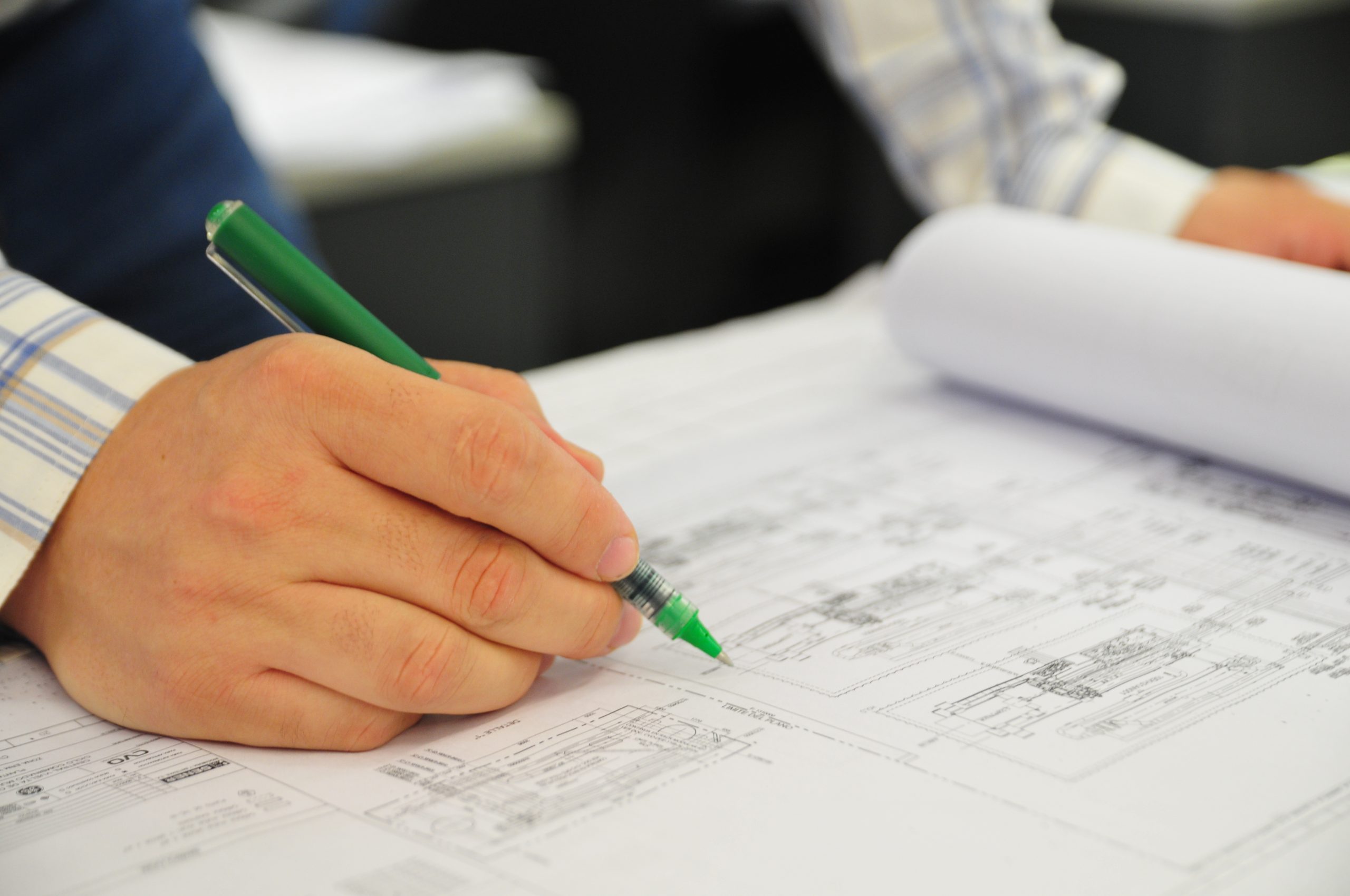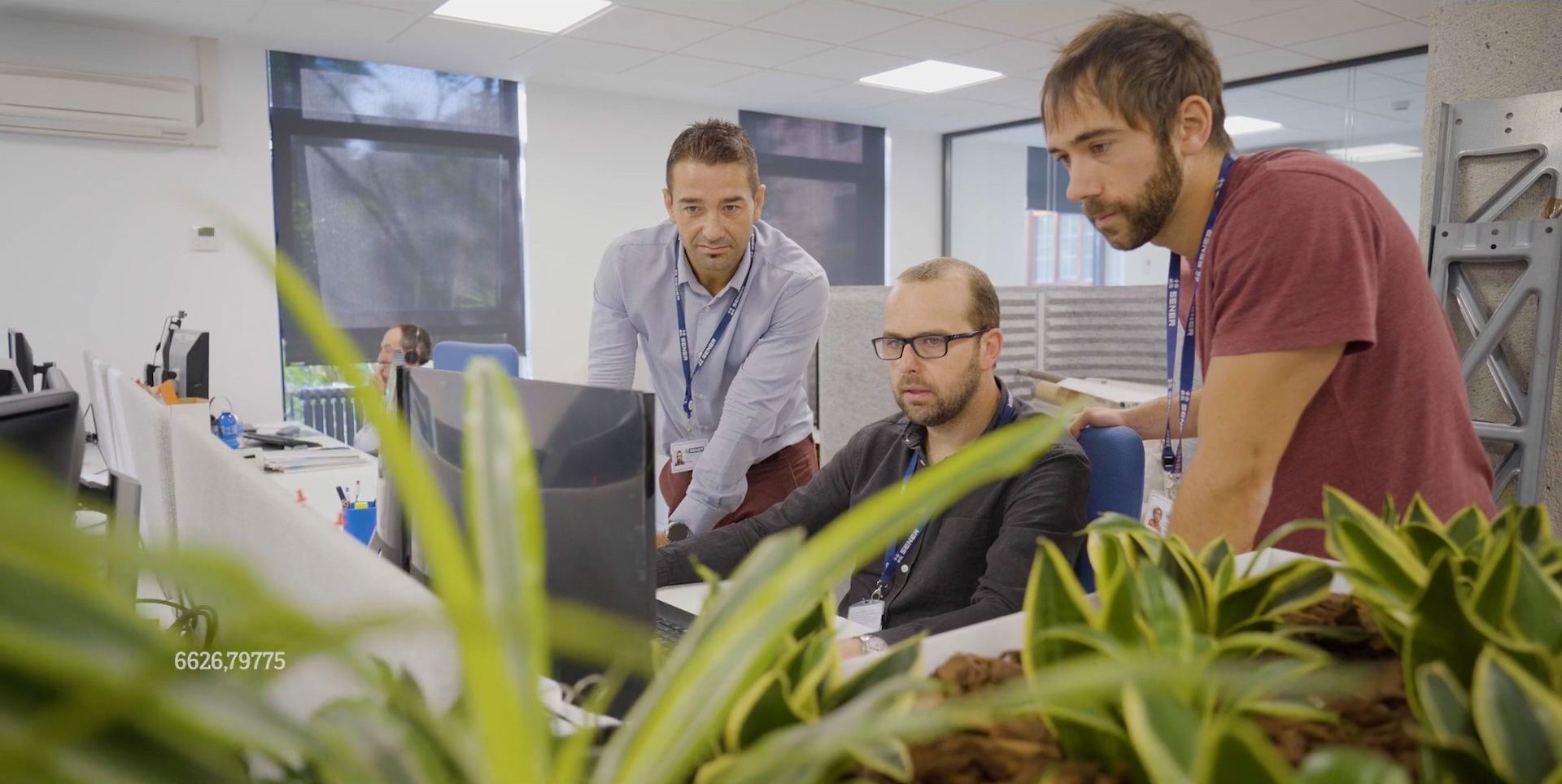






Sener carries out the technological development of hydrogen generation solutions from 100% renewable energy with zero CO2 emissions. Some of Sener’s solutions will complement the use of H2 wherever sufficient renewable electricity generation is available or in mobility applications where it is not possible to ship large volumes of compressed hydrogen, such as the marine sector.
Sener’s technological development and manufacturing project for new generation electrolysers has been one of the four projects chosen by the Government, as announced on Tuesday 10 by the Council of Ministers. In total, the Government has allocated 74 million euros to four renewable hydrogen projects, as explained by the third vice president of the Government and Minister for the Ecological Transition and the Demographic Challenge, Teresa Ribera.
This nominative state subsidy is the mechanism for financing the Important Project of Common European Interest (IPCEI) for renewable hydrogen research and industry, which selected the four projects, including Sener’s project for the technological development and manufacture of new generation electrolyzers, in July 2022. The IPCEI Hy2Tech program will finance R+D and industrial deployment activities. In total, an investment of more than 245 million euros will be mobilized.
It is expected that this project of technological development and manufacture of new generation electrolyzers of Sener, will generate at least 300 direct jobs, to which will be added another 500 indirect, by developing the supply chain with national companies.
This is one of Sener’s projects in hydrogen generation from 100% renewable energy with zero CO2 emissions. Sener carries out the technological development of hydrogen generation solutions, such as electrolysis, the most interesting solution for the mass generation of green hydrogen. It also works on the integration of electrolysis equipment with a complete H2 generation system, including from the generation of hydrogen, the adaptation and supply of water and electricity to the subsequent phases of compression, storage and use, as well as its possible transformation into other products. Likewise, Sener develops technology for generating green H2 from bioalcohols or ammonia, as possible hydrogen carriers. These solutions will complement the use of H2 where sufficient renewable electricity generation is available or in mobility applications where it is not possible to ship large volumes of compressed hydrogen, such as the marine sector.
As indicated in the note released by the Spanish Government, renewable hydrogen is considered essential for the decarbonization of the economy and achieve the objectives set for climate neutrality, so it is acquiring a very important weight in the new energy model worldwide. “It is also a great opportunity for innovation, employment and the modernization of the productive fabric,” stressed Ribera. The Vice President said that Spain is “at the forefront” in this race for the hydrogen economy, both for professional and industrial capabilities and for the orientation of public policies: “We should feel enormously proud.”
In this sense, in October 2020 the “Hydrogen Roadmap: a commitment to renewable hydrogen” was approved, which set for 2030 the objectives of 4 gigawatts of installed power of electrolysers (10% of the objective set by the European Commission for the whole of the EU); a minimum of 25% of hydrogen consumption by the industry of renewable origin, and the implementation of hydrogenerators, trains and heavy transport vehicles powered by this renewable vector. A year later, in December 2021, the PERTE of renewable energy, hydrogen and storage was presented, which has already called for aid for 400 million euros for pioneering and unique renewable hydrogen projects and for the value chain.
Project funded by:
![]()